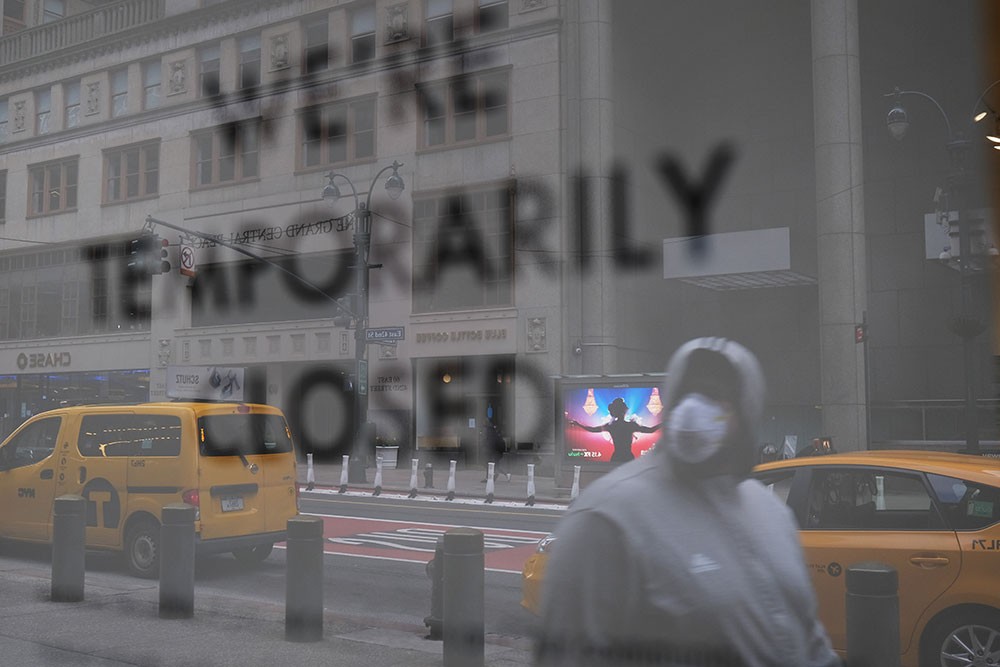
Sustainability reporting is a marketplace of ideas. It’s a complicated and busy marketplace, with the sponsors of each framework vying for attention from investors, regulators and reporters. And it’s getting more so every day, as the increasing urgency of climate, environmental and social challenges drive demands for greater transparency.
The scope of existing frameworks already varies by industry, topic, geography or almost any other parameter you can imagine. As with financial reporting, different philosophies also drive different approaches.
Some aim for detailed, defined disclosures intended to achieve comparability, while others set out broad principles-based rules that focus on clearly communicating the information most material to the specific entity.
Expensive process
The result of all this variation is that sustainability reporting is often costly and ineffective. Companies who comply with multiple frameworks usually end up preparing multiple reports, as requirements hardly ever align neatly. This creates a high risk of inconsistency, and places an enormous burden on both reporters and readers, who have to try to reconcile these disclosures.
Global consensus is urgently required on how best to enable stakeholders to be able to, firstly, understand and, secondly, compare. But how this is to be achieved is by no means settled.
In a world where economic rationalism held sway, some frameworks took an approach that emulated financial reporting. Rather than setting out general principles, the approach was to set out a voluminous checklist of specific disclosures, which were then ‘scored’ to give a sense of objective comparison (although the scoring was often done, it must be said, on a fairly subjective basis).
Global consensus is urgently required on how best to enable stakeholders to be able to, firstly, understand and, secondly, compare
Falling short
This has the benefit of providing a high degree of comparability and helping to establish common metrics. But in my experience, it does not meet the needs of more sophisticated reporters or stakeholders.
Closely defined metrics are often not available and attempting to create them may even hamper an understanding of the complex reality. They invite reporters to ‘game’ the system, and provide grounds for less informed players to blame or praise on narrow areas of performance.
Past attempts at improving sustainability reporting have been hampered by a sometimes-combative approach, with parties on both sides assuming – or displaying – a degree of bad faith.
There are cultural and values barriers, too, with the hard-edged world of finance struggling to engage with the messy world of long-term, multi-factoral indicators of sustainability (and vice versa).
New initiatives
But the stark reality of the existential threats of environmental and social meltdown is forcing a change. All players in this marketplace increasingly agree that clearer and more relevant disclosures are required for them to understand a broader range of performance metrics.
Sponsors of some of the leading frameworks are responding: the recently announced Better Alignment Project has the goal of driving alignment of sustainability reporting frameworks, and of frameworks that promote further integration between non-financial and financial reporting.
Initiatives such as the Better Alignment Project are critical to creating a reporting framework that is fit for purpose. The temptation to push for reports that are tailored to specific needs should be resisted. The world urgently needs a common approach to create the transparency we need to address our shared challenges.


